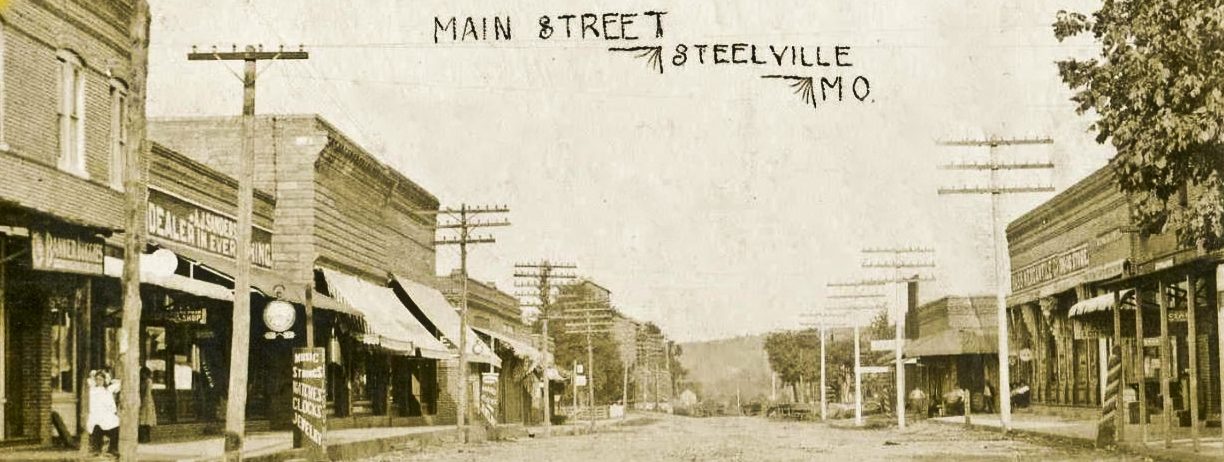Jeffrey Smith
William Clark, Indian Diplomacy, and Chreokee Removal in Missouri. August 17 – at Gallery Zeke from 5 to 7 p.m.
Smith’s talk will explore the complicated relationships that William Clark navigated and created in balancing the interests of the federal government with those of tribal leaders who came to visit St. Louis.
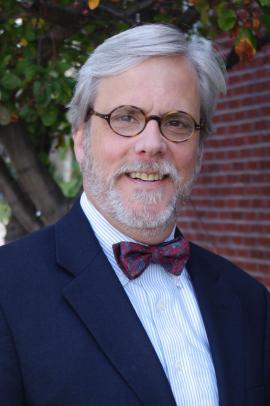
Jeffrey Smith is professor emeritus of history after 26 years teaching history and a nationally recognized scholar writing about cemeteries and death studies. He is author of The Rural Cemetery Movement: Places of Paradox in Nineteenth-Century America. He has performed first-person presentations portraying Andrew Carnegie, P. T. Barnum, William Clark, George Washington, and George Catlin. He is currently writing a book of narrative cemetery stories titled Grave Mistakes.
Suzanne Jones
September 9, at Hoppe Spring Park from 10 to 11 a.m.
Bring the Kids! Traditional stories told primarily by a Cherokee person. Jones is a storyteller who will bring traditional stories often told to educate children and entertain all.
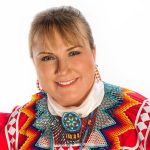
Suzanne Jones is a high school science teacher in the Ferguson Florissant School District. She received a bachelor of science degree in zoology, a master’s degree in biology, and a teaching certification from Arkansas State University. From 1999 until its close, she was involved in the American Indian Center of St. Louis. Since then she has tried to provide education about Native Americans in the St. Louis area through a variety of presentations and venues including scouting groups, schools, museums, and libraries.
Galen Gritts
October 12 – at Wildwood Springs Lodge from 5 to 7 p.m.
Missouri has no surviving tribes. Knowledge of either the history of Natives, or the experience of today’s Native Americans, is removed from people’s consciousness. Startling facts will be used as stepping-stones to fascinating and forgotten stories.
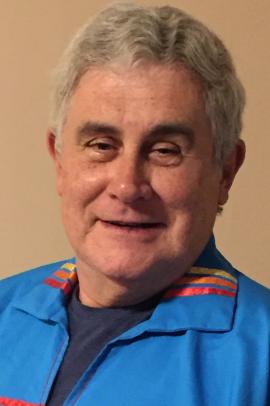
An established Missouri Humanities Council speaker, Galen Gritts is a registered member of the Cherokee Nation. Born and reared in Missouri, Mr. Gritts has a degree in history from UMSL. He serves on many advisory boards and committees representing Native Americans and is a founding member of the Alliance for Native Programming & Initiatives. He is bemused to nd out he is now an Elder and grateful that he has made it this far. One of his goals when he was young was to be old.
Brad Lookingbill
November 4 – at Steelville Presbyterian Church from 2 to 4 p.m.
NATIVE GROUND: THE FIRST PEOPLE OF MISSOURI BEFORE STATEHOOD
Long before the Europeans arrived and claimed dominion over an imagined wilderness, the original inhabitants developed diverse cultures in relation to the rivers, prairies, plains, plateaus, and woodlands. Missouri was native ground to multiple tribal groups, who made it home. In addition to the Osage Indians, the Quapaw, Otoe, Missouria, Ioway, Sauk, Fox, Omaha, Peoria, Piankeshaw, Ponca, Kaw, and Chickasaw resided in parts of the state before its boundaries appeared on a map. After the formation of the United States, migrating communities of the Shawnee, Delaware, Pottawatomi, Miami, Kickapoo, and Cherokee relocated to the western side of the Mississippi. Native stories of origin illuminate worlds of wonder in mid-America, and Missourians are seeing them anew.
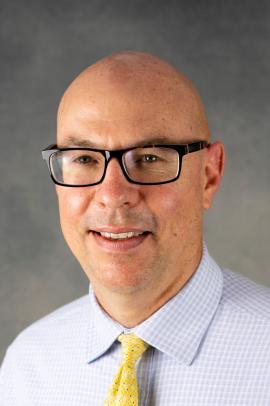
Dr. Brad D. Lookingbill is Distinguished Professor of History at Columbia College of Missouri. Previous to his academic career, he served in the Army National Guard and Reserve. He earned a Bachelor of Arts in Education at Southwestern Oklahoma State University, where he graduated summa cum laude in 1991. At the University of Toledo, he obtained the Master of Arts in History in 1993 and the Doctor of Philosophy in History in 1995. From 1995 to 1996, he taught classes on U.S. and world history at Independence Community College in Kansas. In 1996, he joined the Columbia College faculty.
